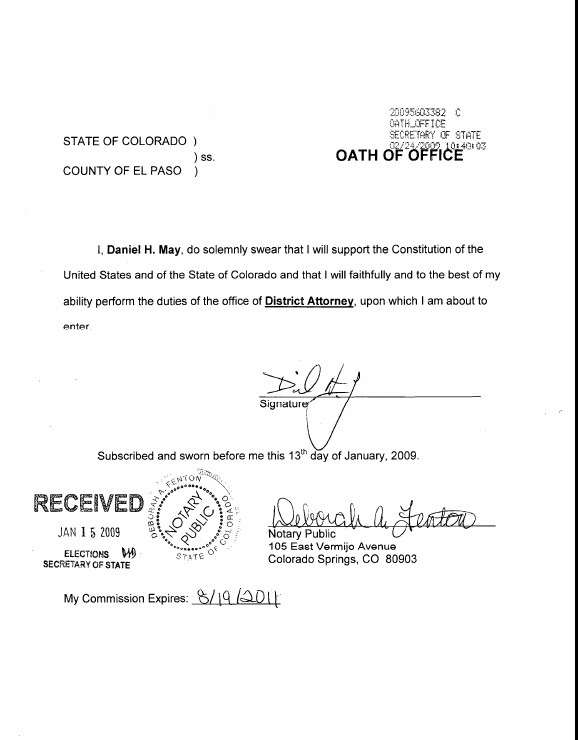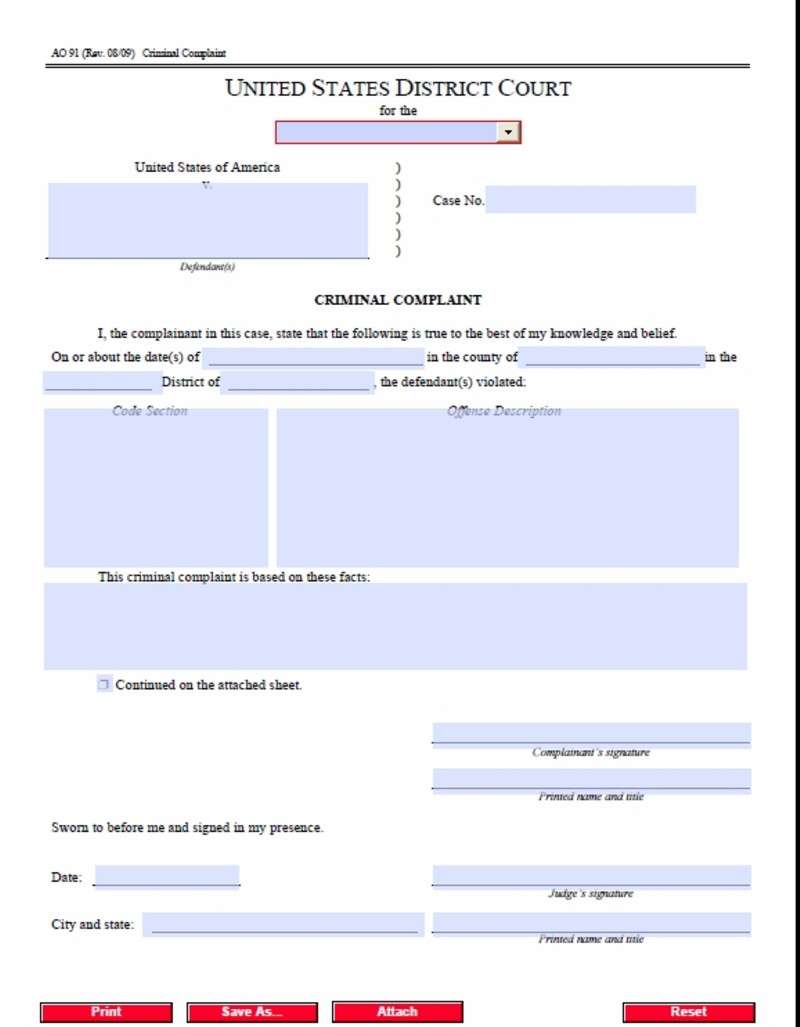I have some questions. I have read through the thread here.
Do you have a collateral evidence repository? I asked you by inserting the question on Page 1 in red; maybe you missed it? You seem confused when I started speaking like you knew about this. You are behooved to have a case opened in the USDC to acquire the 'exclusive original cognizance' of the US government with the federal clerk of court. This is what we (William THORNTON and myself) mean by court of record. If you are letting them keep the only record then you make them the court of record even though they are technically a court not of record.
The other thing; did you hand the police officer a driver license? How did you sign it?
If you signed it with your legal name then you have already identified yourself to the court through that signature.
When you approached the bench with that R4C in hand, it should have been marked a true and correct copy of the document in your USDC evidence repository by the US clerk of court. Was it?
Please forgive me if I have missed something or forgotten details.
Do you have a collateral evidence repository? I asked you by inserting the question on Page 1 in red; maybe you missed it? You seem confused when I started speaking like you knew about this. You are behooved to have a case opened in the USDC to acquire the 'exclusive original cognizance' of the US government with the federal clerk of court. This is what we (William THORNTON and myself) mean by court of record. If you are letting them keep the only record then you make them the court of record even though they are technically a court not of record.
The other thing; did you hand the police officer a driver license? How did you sign it?
If you signed it with your legal name then you have already identified yourself to the court through that signature.
When you approached the bench with that R4C in hand, it should have been marked a true and correct copy of the document in your USDC evidence repository by the US clerk of court. Was it?
Please forgive me if I have missed something or forgotten details.






Comment